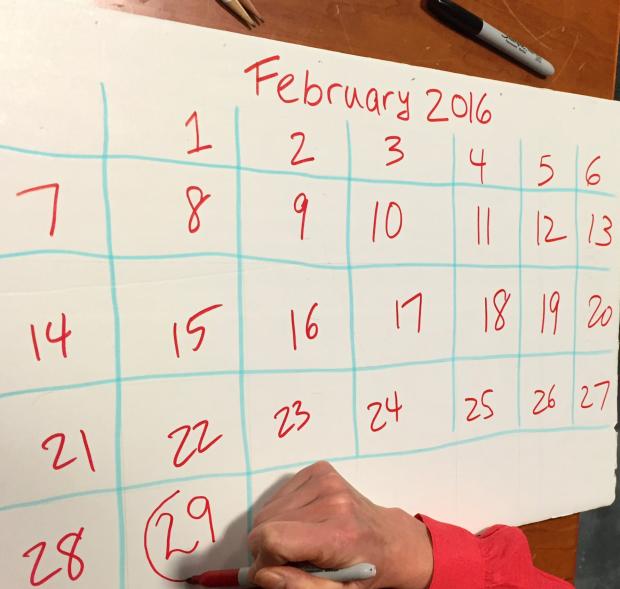Why is Every Year Not Leap Year?
Every four years we have an extra day in February, but the question is why? The reasoning goes back as far as the time of the Roman Empire.
May 15, 2017
Every four years, the calendar has an extra day added to it and the world then has twenty-nine days in February rather than only twenty-eight. But the question is: why does the calendar have just one leap year?
The reasoning behind having an extra day every four years begins as far back as the Roman Empire when Julius Caesar noticed that the seasons were becoming less and less expectable. The calendar is based on how long it takes for the earth to orbit around the sun and when anyone asks how many days it takes for the Earth to travel around the sun the most common answer is 365; however, this is not necessarily the case. It actually takes approximately 365.256 days for the earth to completely orbit around the sun, which is why an extra day is added to the calendar every four years. These 5 hours, 48 minutes, and 46 seconds of a day cannot go unaccounted for every year, so every four years, the .256 of the past three years are added to the current .256 to create room for an extra day in the calendar.
Caesar and his astronomer, Sosigenes, back-tracked their previous calender and then came up with a 365 day calendar that would have an extra day added to it. However, after the fall of Rome this modified calendar was not kept in place until 1752.
In 1752 the English parliament passed a law that England and its colonies would follow a calendar which would add an extra day on the shortest day of the month every four years in order to accommodate for the extra hours that was going unaccounted for every year. The world still follows this calendar today by adding a February 29th every four years, which is why this year we only have twenty-eight days in February.













